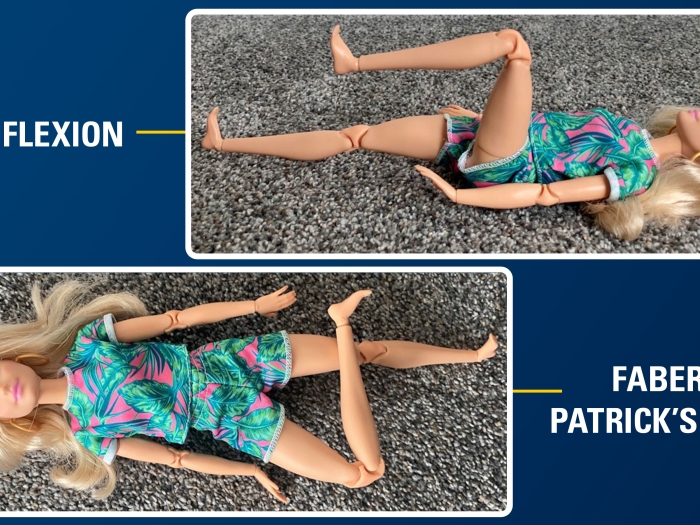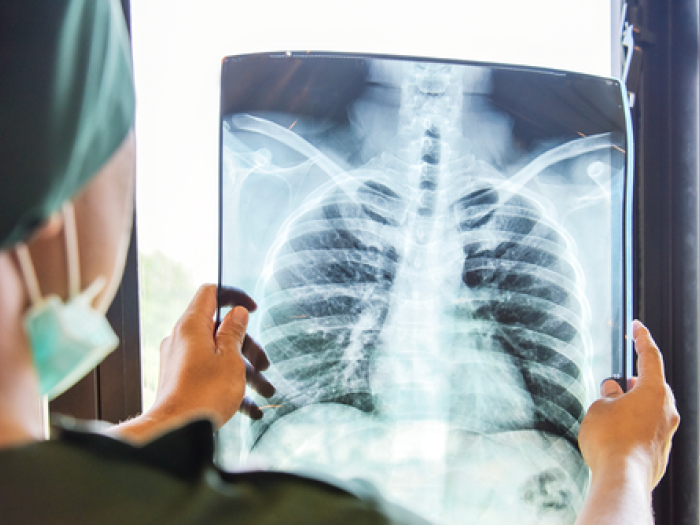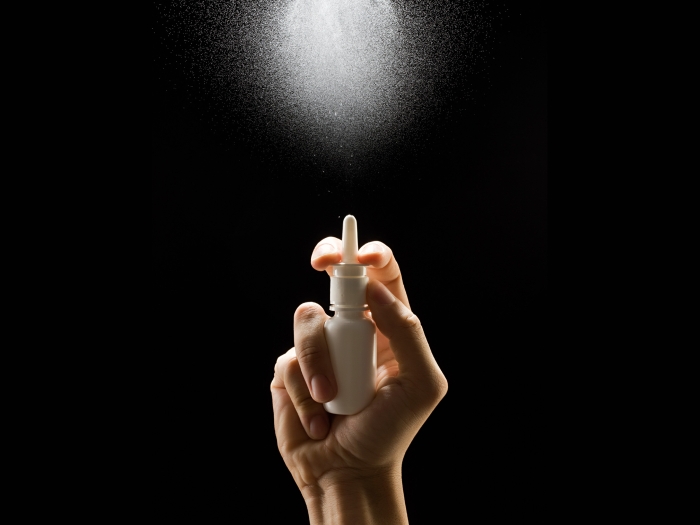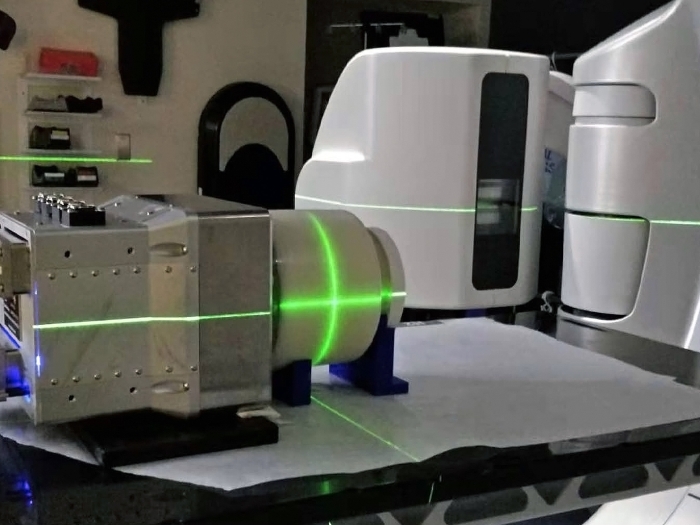Showing 1-13 of 13 results

Medical School News
Four with Medical School ties are among 12 University of Michigan faculty and staff members recognized by the American Association for the Advancement of Science (AAAS) as 2023 fellows in recognition of their extraordinary achievements.

Health Lab
New map of the ovary provides a deeper understanding of how oocytes interact with the surrounding cells during the normal maturation process, and how the function of the follicles may break down in aging or fertility related diseases.

Health Lab
At-home test can detect tumor DNA fragments in urine samples, providing a non-invasive alternative to traditional blood-based biomarker tests

Health Lab
At the University of Michigan Health C.S. Mott Children's Hospital, one physician found a way to help pediatric patients demonstrate different joint movements using a Barbie doll.

Health Lab
How lipid mediators -- potent regulators of the immune response after an injury -- varied with the acute loss of a large volume of skeletal muscle, also known as volumetric muscle loss (VML) is the focus of new research from the University of Michigan.

News Release
Through a $4.17M NIH grant, a team of biomedical engineers, medical clinicians and data scientists from the Max Harry Weil Institute for Critical Care Research and Innovation is collaboratively researching ways to develop a portable, non-invasive breathalyzer-type device and corresponding algorithm to quickly and accurately diagnose acute respiratory distress syndrome (ARDS).

Health Lab
The Healthcare Equity Consult Service addresses the concern of bias and discriminations in health care access, delivery, and experience for University of Michigan-Health.

Health Lab
As researchers explored potential reasons behind racial disparities in treatment outcomes for children with severe sleep apnea, they were expecting to find the answer in socioeconomic factors. But they were surprised to learn that when one risk factor – obesity – was taken out of the equation, race was no longer associated with worse post-surgery outcomes for obstructive sleep apnea.

Health Lab
Baby diagnosed with duodenal stenosis is doing great after complex surgery at C.S. Mott Children's Hospital in Ann Arbor

Health Lab
A collaborative research effort led by the University of Michigan and the Icahn School of Medicine at Mount Sinai has resulted in a nasal vaccine adjuvant that stops infection in both young and old mice.
News Release
Lisa H. Harris, M.D., Ph.D., named Thurnau Professor; second-ever from UMMS
News Release
The American Association for the Advancement of Science elected 17 University of Michigan faculty and staff members as 2022 Fellows.

Health Lab
Radiation, used to treat half of all cancer patients, can be measured during treatment for the first time with precise 3D imaging developed at the University of Michigan.